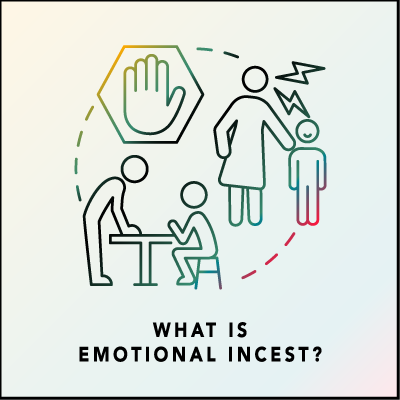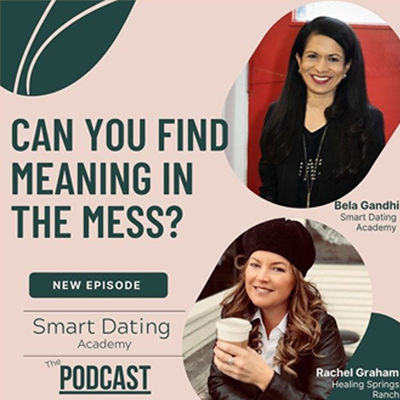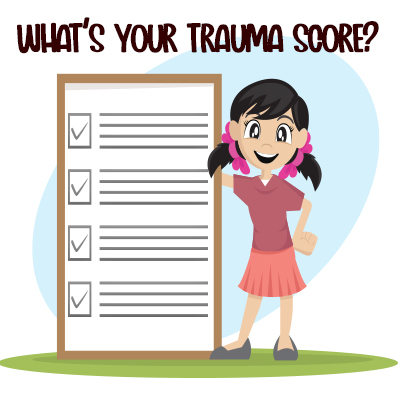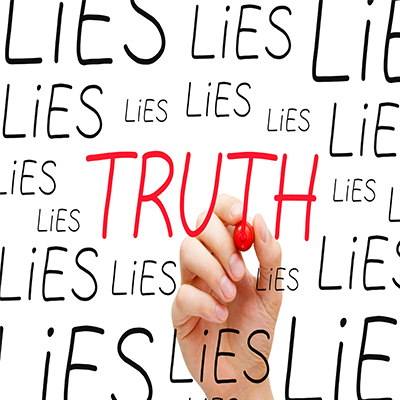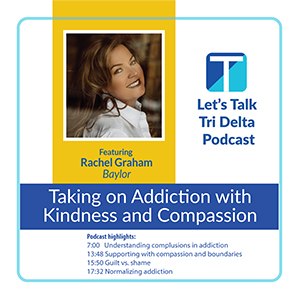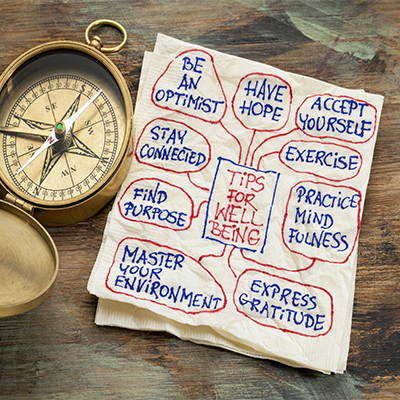Narcissists and narcissism, words are thrown around without much thought, a blanket label for inappropriate behavior. Narcissistic Personality Disorder (NPD) is a cluster B personality disorder in the DSM-5 and is defined as having a pervasive pattern of grandiosity, the constant need for admiration, and a lack of empathy and must meet 5 of these nine criteria.
- A grandiose sense of self-importance
- A preoccupation with fantasies of unlimited success, power, brilliance, beauty, or ideal love
- A belief that he/she is special and unique and can only be understood by, or should associate with other special or high-status people or institutions
- A need for excessive admiration
- A sense of entitlement
- Interpersonally exploitive behavior
- A lack of empathy
- Envy of others or a belief that others are envious of him/her
- A demonstration of arrogant and haughty behaviors or attitudes
For a narcissist, there might be problems occurring in these two or more areas:
- Identity
- Self-acceptance
- Empathy
- Intimacy
Narcissistic behavior can be overt or covert. An overt narcissist has behaviors that are easily recognized by others. Covert Narcissistic behaviors are more subtle and often less obvious. A covert narcissist may present as self-effacing or withdrawn and it’s thought to be caused by genetics, childhood traumatic abuse or events, emotional unavailability of caregivers, and personality and temperament.
What are some signs used to identify a covert narcissist?
Passive self-importance— a covert narcissist craves admiration and might give back-handed compliments, or minimize their accomplishments or talents to encourage caring people to reassure and praise them.
Blame and shame— Covert narcissists employ a gentler approach to explain why things are your fault and why they are not to blame. They may play the victim or engage in emotional abuse to put themselves in a position to receive reassurance and praise.
Confusion— Covert narcissists take pleasure in creating confusion, gaslighting, creating doubt, and causing their victims to second guess themselves.
Procrastination and disregard—Covert narcissists will do whatever is needed to keep the focus and attention on themselves and they tend to target caring and compassionate people who are easily manipulated. The covert narcissist wants you to feel like your time and interests are not as important as their own, making you feel small and unimportant.
Giving with strings attached— a covert narcissist might look like they are compassionate and giving but their behavior is motivated by what they want in return.
The emotionally neglectful—The covert narcissist is incapable of developing and nurturing emotional bonds. Although a covert narcissist looks emotionally accessible, their behavior tends to be performative, with an intent to exploit the person, leaving them feeling small and disregarded through blame and shame.
If you have a covert narcissist in your life, there are some things you can do to protect yourself against their emotional abuse:
- Avoid taking anything the covert narcissist does or says personally. Understand their behavior is meant to manipulate you into doing what they want you to do, with little to no regard for how it may impact you. They need a “narcissistic supply” from those around them to feel validated.
- Set boundaries that communicate your values so the covert narcissist cannot exploit and manipulate you as a means to an end for their goals. This can often mean having zero contact.
- Advocate for yourself- When dealing with a narcissist, it is easy to lose your voice. Tune in to yourself, your goals, and your talents as a way to strengthen your relationship with yourself.
- Create a healthy distance from enmeshment- The goal of creating space is not to hurt the covert narcissist but to protect yourself from harmful interactions.
How being raised by a covert narcissist may lead to a lifetime of abuse:
- It is a societal belief that parents want what’s best for their children. The covert narcissist relies on this cultural assumption as a way of hiding abuse and neglect, gaslighting their children by stressing their ‘loving’ parent persona.
- The covert narcissist works hard to cultivate a caring, principled, devoted, and self-sacrificing image, using their children as a scapegoat for all that is negative.
- The covert narcissist is prone to hostile attacks camouflaged by a slip of the tongue, sarcasm, or false concern which for a child can feel like death by a thousand cuts.
- The covert narcissist always plays the victim, so they don’t have to take responsibility, instead of receiving sympathy for the ways they are neglected, disappointed, or harmed by others.
- Plausible deniability is used by the covert narcissist as a direct form of manipulation such as dismissal, gaslighting, minimizing, and triangulation.
- Covert narcissists make themselves look good by comparison to others, appearing more reasonable, selfless, and easygoing often by playing up the long-suffering martyr routine.
- Covert narcissistic parents exert ongoing control by offering the child the validation, attention, praise, and gifts they crave, creating a confusing I love you/I hate you dynamic.
Groomed from infancy to accept the unacceptable and cruel behavior, children often blame themselves for the failure in their parental relationships. When we finally understand that we don’t have to ‘win’ a parent’s love, we realize that we have lived our entire lives without that love, surviving solely through our own resiliency. It is not that we are unlovable, instead, our parent’s profound impairment may come from their own unresolved trauma. Narcissism is hard to treat clinically because by definition the narcissist does not see a reason to change. Narcissists are incapable of having deeply authentic, intimate, vulnerable, and healthy relationships. If you are expecting these things from the narcissists it is similar to asking them to speak Greek to you when they have never been exposed to or understood the Greek language. You will be consistently disappointed expecting them to have a skill they do not.
Healing from the covert narcissistic abuse takes learning to trust ourselves after years of gaslighting. For recovery, we must distance or in some cases eliminate the relationship to gain our own trust and disavow the pervasive self-doubt and blame we were brainwashed with as children. For more information on mental health topics visit Evolve and Transform, where Rachel Graham shares her own experiences and invites others to do so as well.


